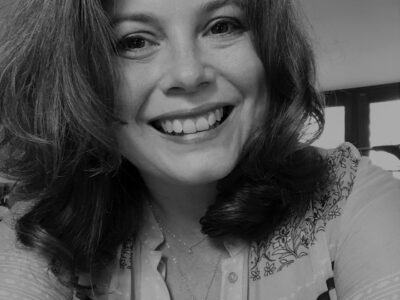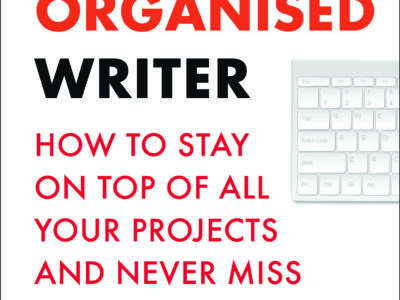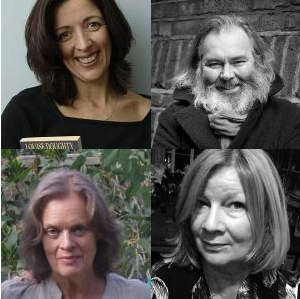An interview with Thomas R. Weaver
Author of Artificial Wisdom Thomas R. Weaver worked with several of our team at the Writing Coach. His primary mentor during the writing of Artificial Wisdom was Mark Leggatt. We are delighted that Thomas’s novel has recently been published by Chainmaker Press and recently featured on the front page of ‘The Bookseller’. In short, what …













